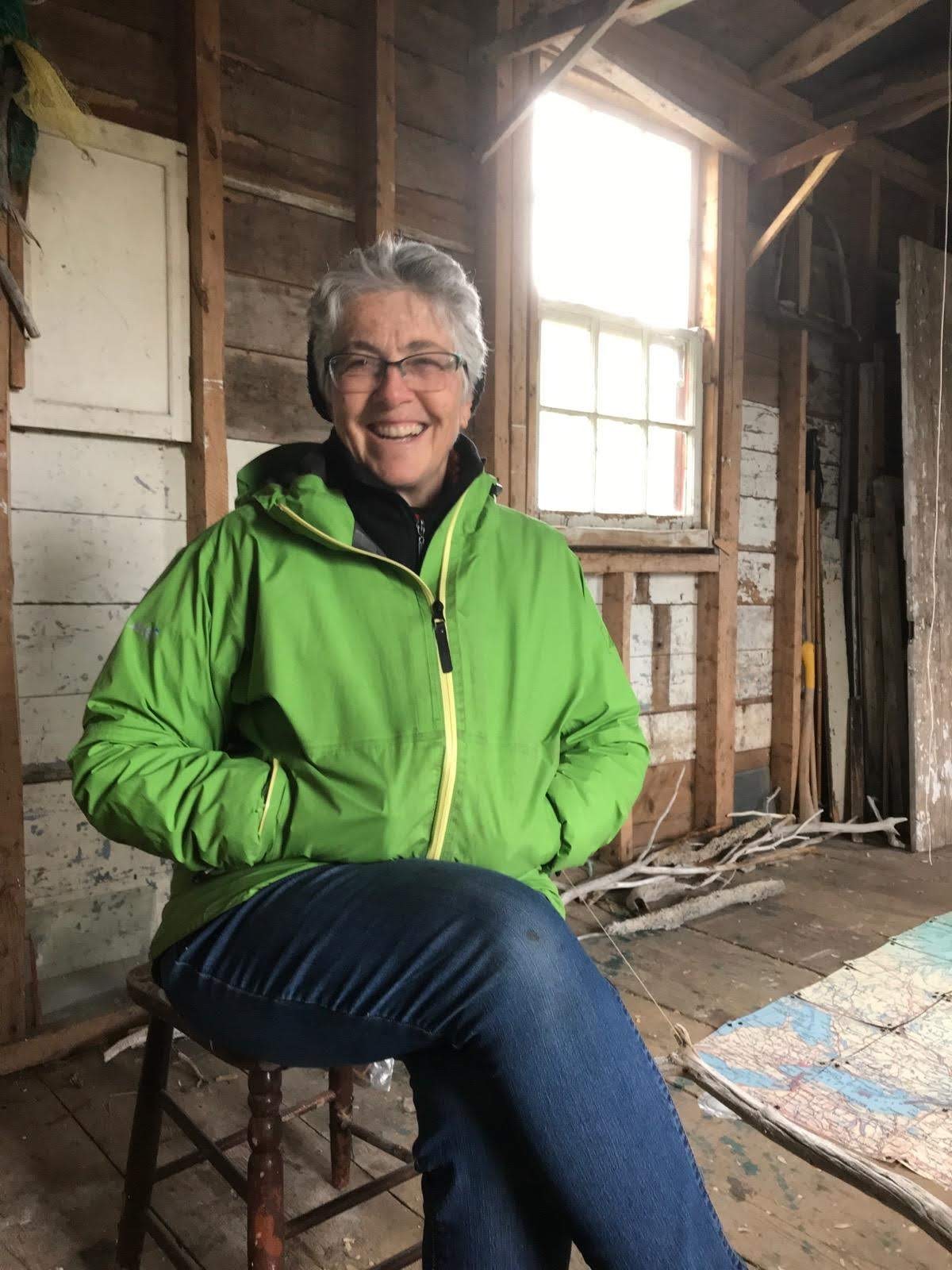Alright – so today we’ve got the honor of introducing you to Jessica Straus. We think you’ll enjoy our conversation, we’ve shared it below.
Jessica, appreciate you joining us today. Can you talk to us about how you learned to do what you do?
I have always considered myself an artist. As a kid I used to paint along side my mother who was a very good artist. We also used to take on all sorts of crafts projects. I discovered I loved making three dimensional objects even more than drawing or paintings. In high school and college I envisioned myself becoming a studio potter and so I went to art school to pursue these skills. Just before earning my masters in Ceramics I realized I wished I have been pursuing Sculpture, but it was too late to switch departments, so I graduated with a degree in Ceramics and taught myself how to work sculpturally with wood and other materials. I still wish I had exposure and training in various sculptural techniques while in school, but I have learned to make the most of my limitations and become a good problem solver.
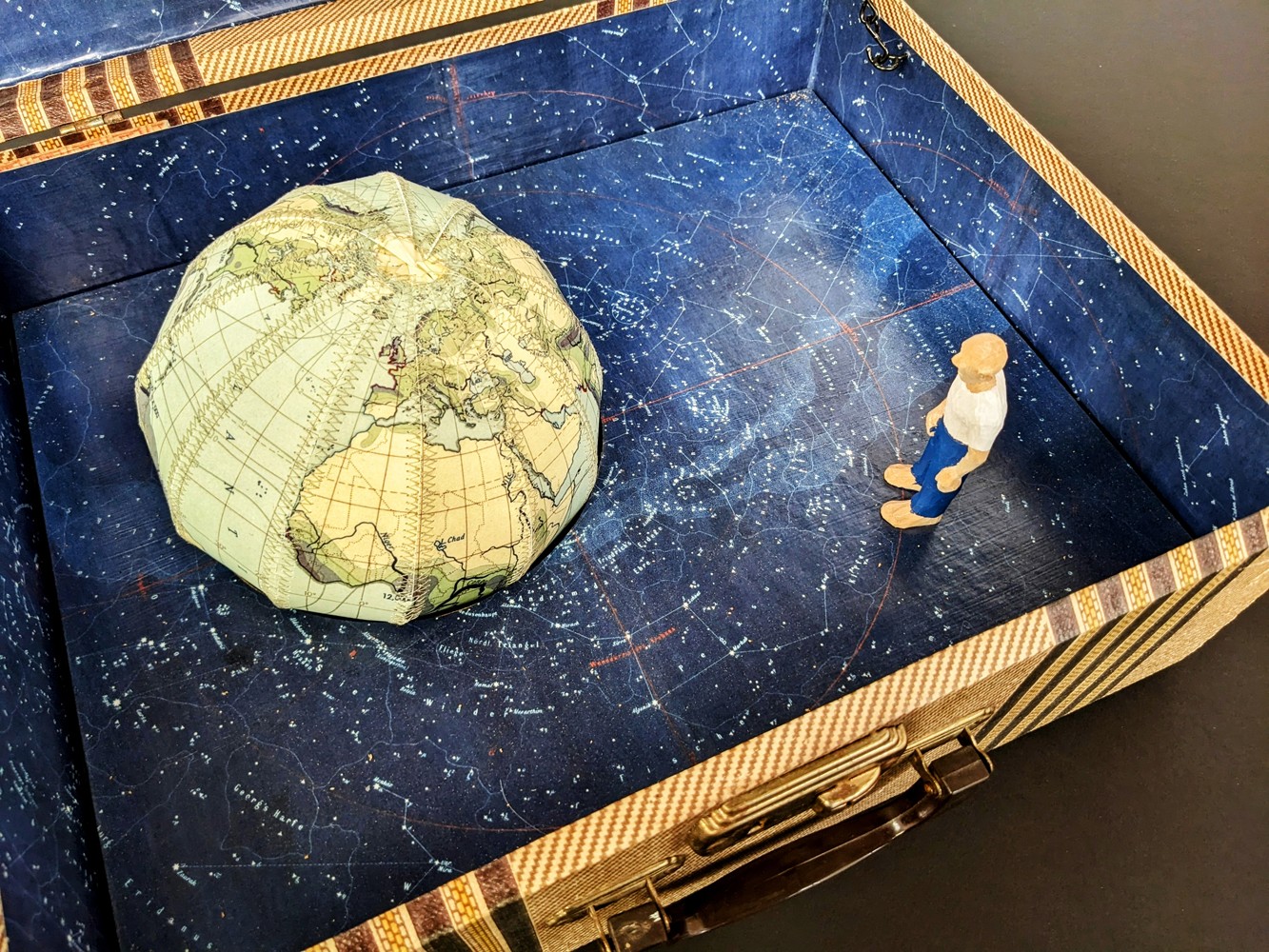
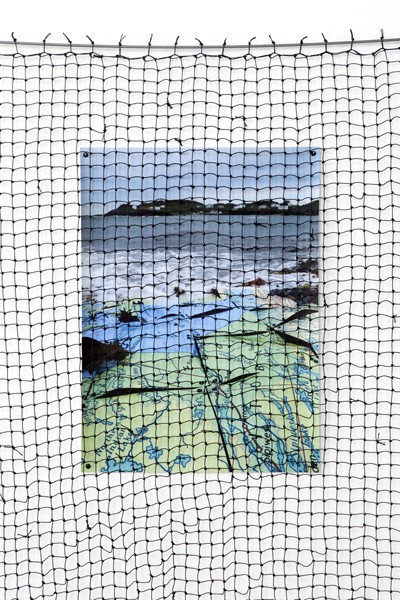

Jessica, before we move on to more of these sorts of questions, can you take some time to bring our readers up to speed on you and what you do?
I grew up on the seaside of New Hampshire with the tide rising on our front lawn. My parents were drawn to the wilderness and my mother was an early environmentalist. I spent a most of my time playing outdoors, hiking, boating, swimming. My mother was a botanist with a huge and ongoing collection of plant specimens. I followed her example by identifying and collecting insects. I thought for most of my childhood that I would become an entomologist. I also always knew I wanted to be an artist. As a kid I drew a lot from nature. In fact my first paid job as an artist was in high school when I had the good fortune of being asked to illustrate a botany manual. As I moved though college and then art school I gravitated more to three dimensional work, first in ceramics and by grad school, in wood. I continue to incorporate wood into almost all my sculptures today but now I consider myself a mixed media artist. My passion for nature shows up on an ongoing basis in my artwork as I address issues of climate change.
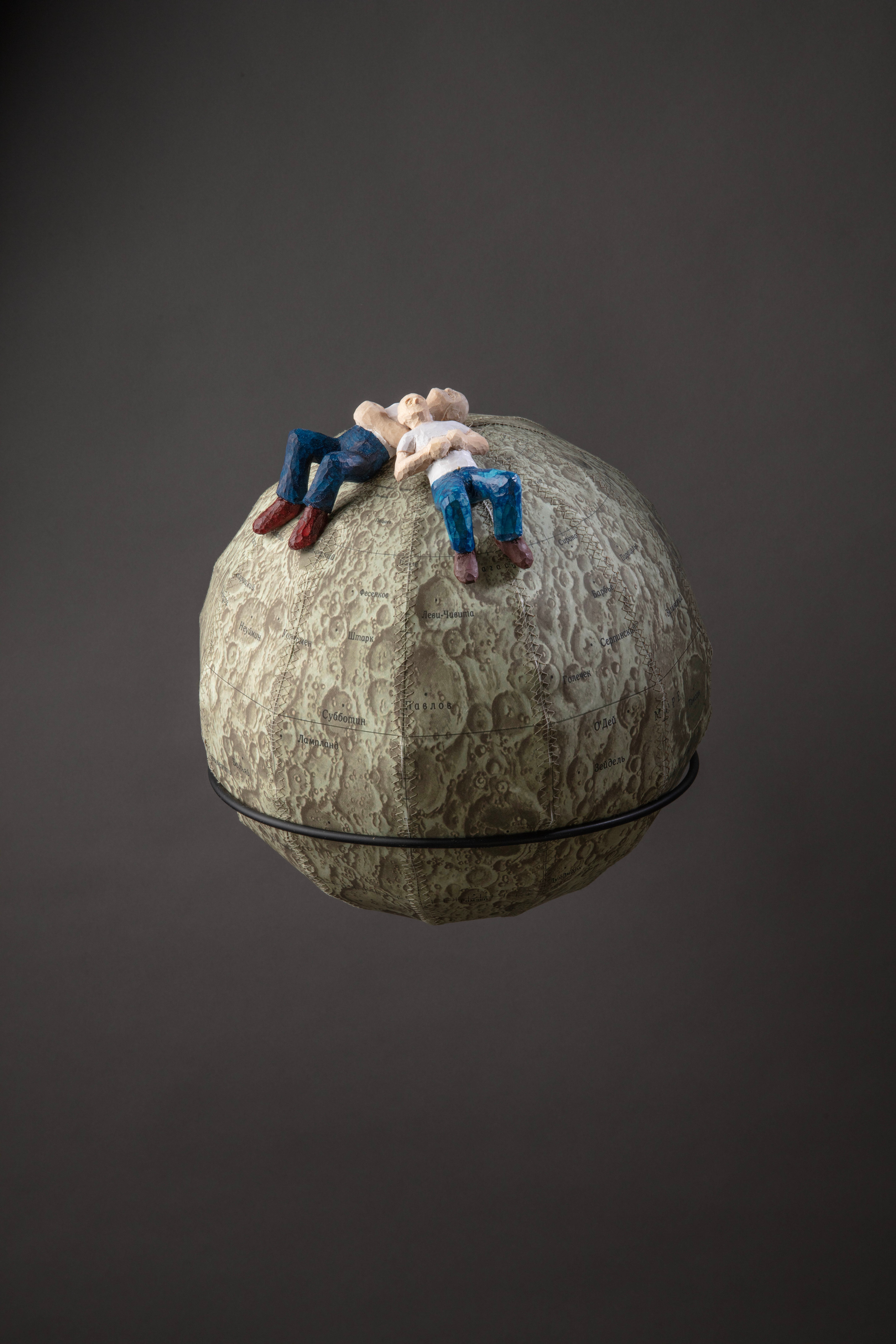
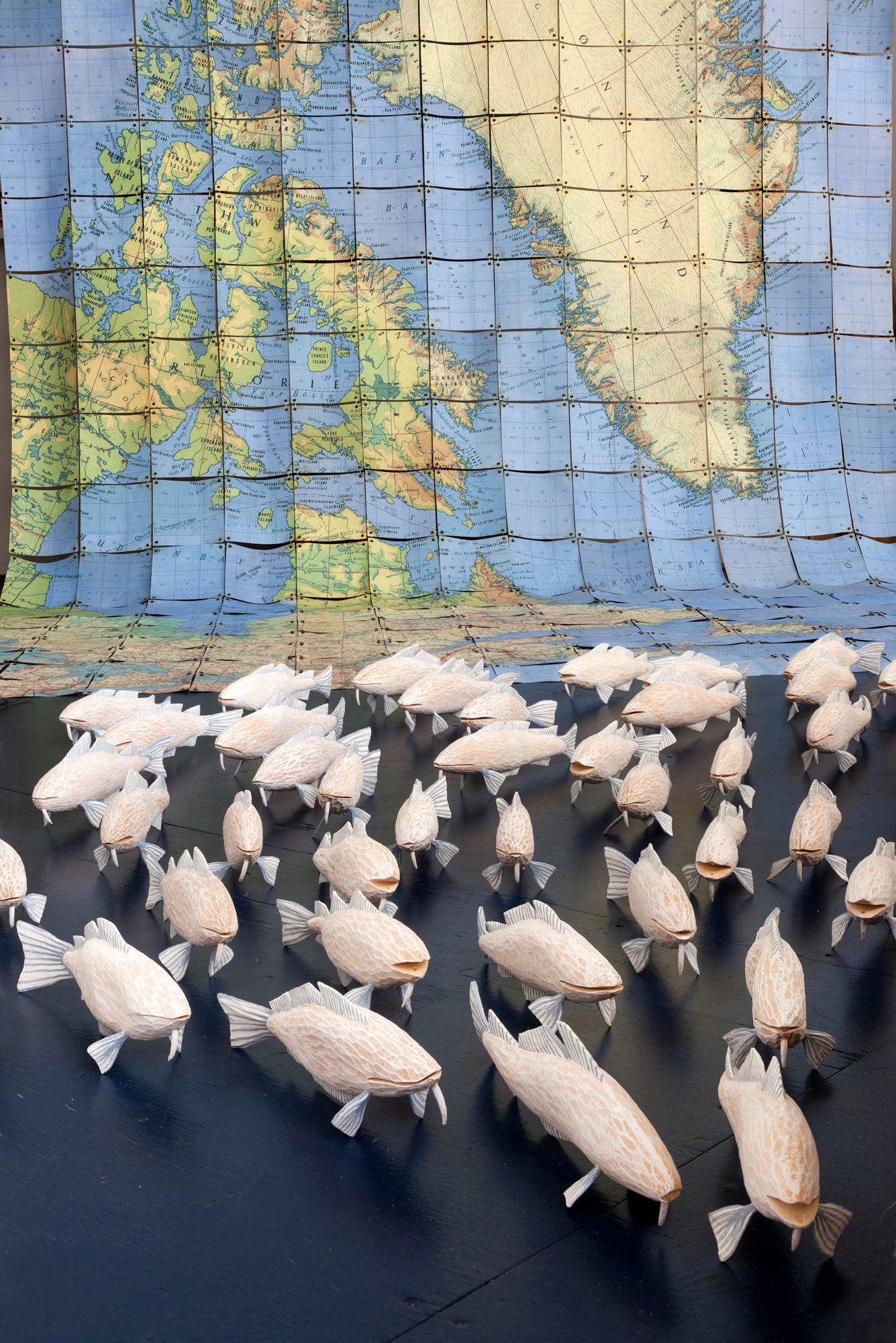
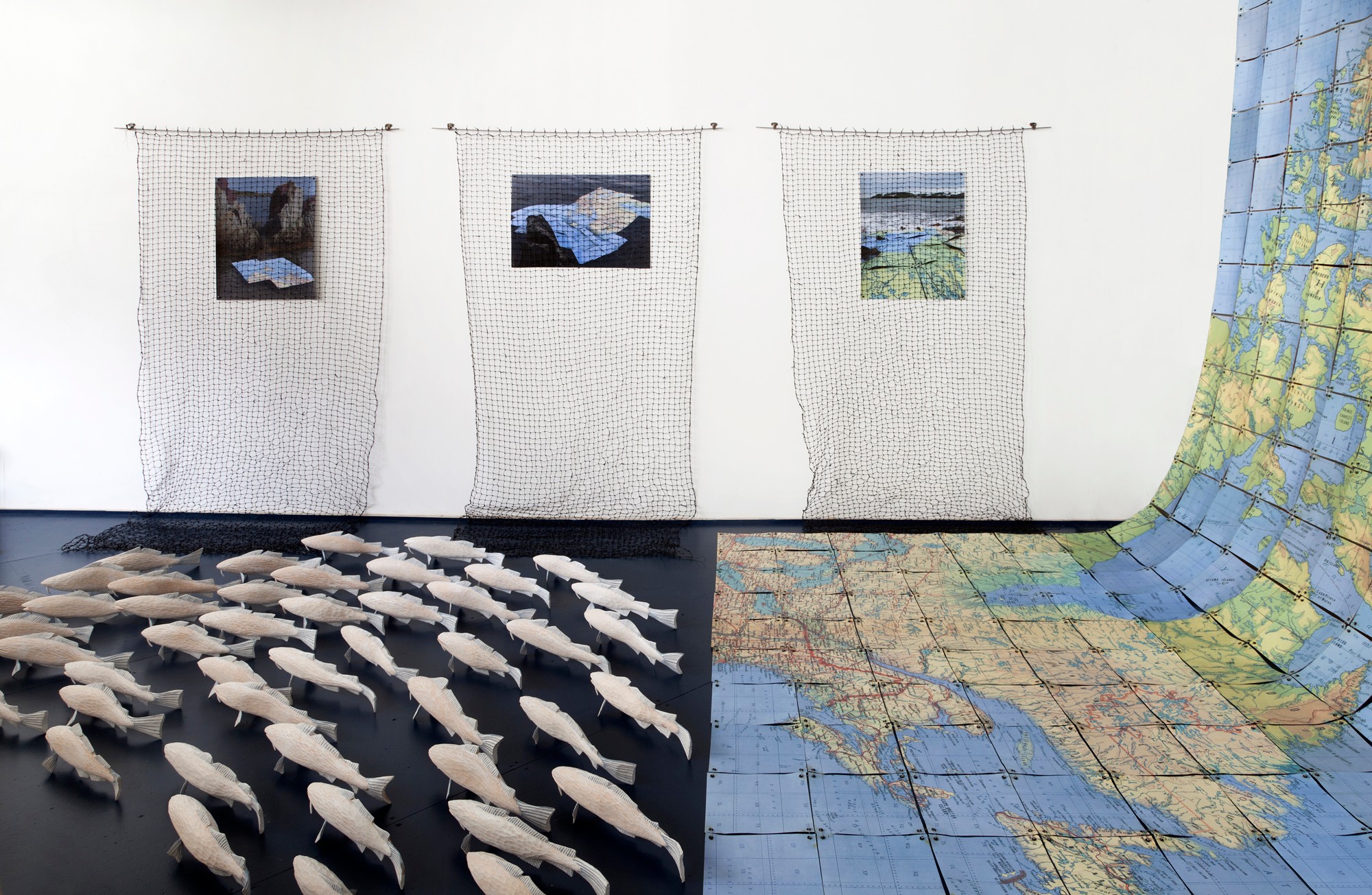
What’s the most rewarding aspect of being a creative in your experience?
I wake up every morning happy to be an artist. Though I wouldn’t say it’s easy to be an artist–certainly it’s hard work–the creative process is rewarding. When things are going well in my studio I feel like I’ve invented a world I want to live in. I make my own rules and judge my own output. And one of the most wonderful things about being an artist is the larger community of artists that one belongs to. Many of my best friends are in the arts. I have great colleagues. We support each other’s work, share ideas, have great conversations and have fun.
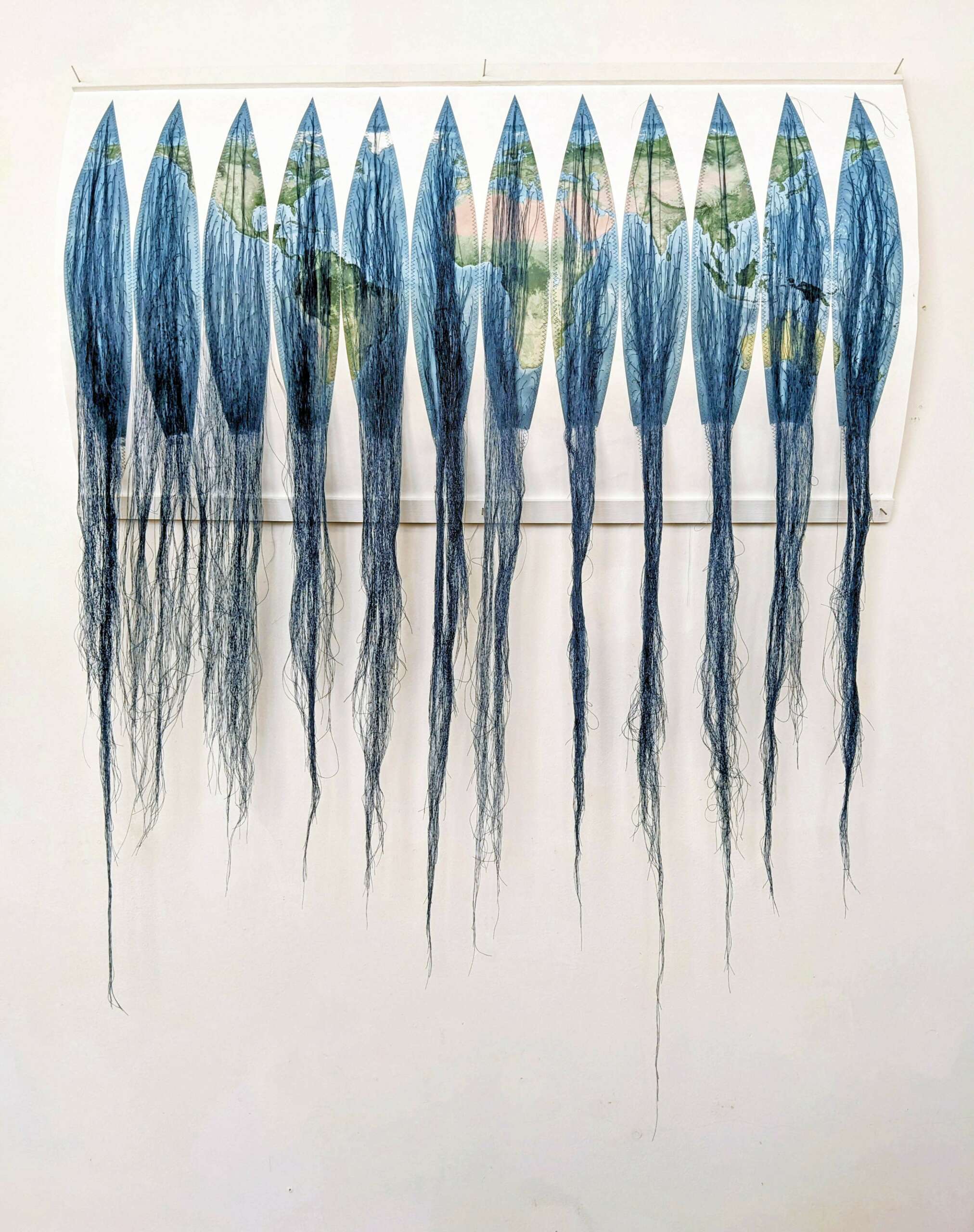
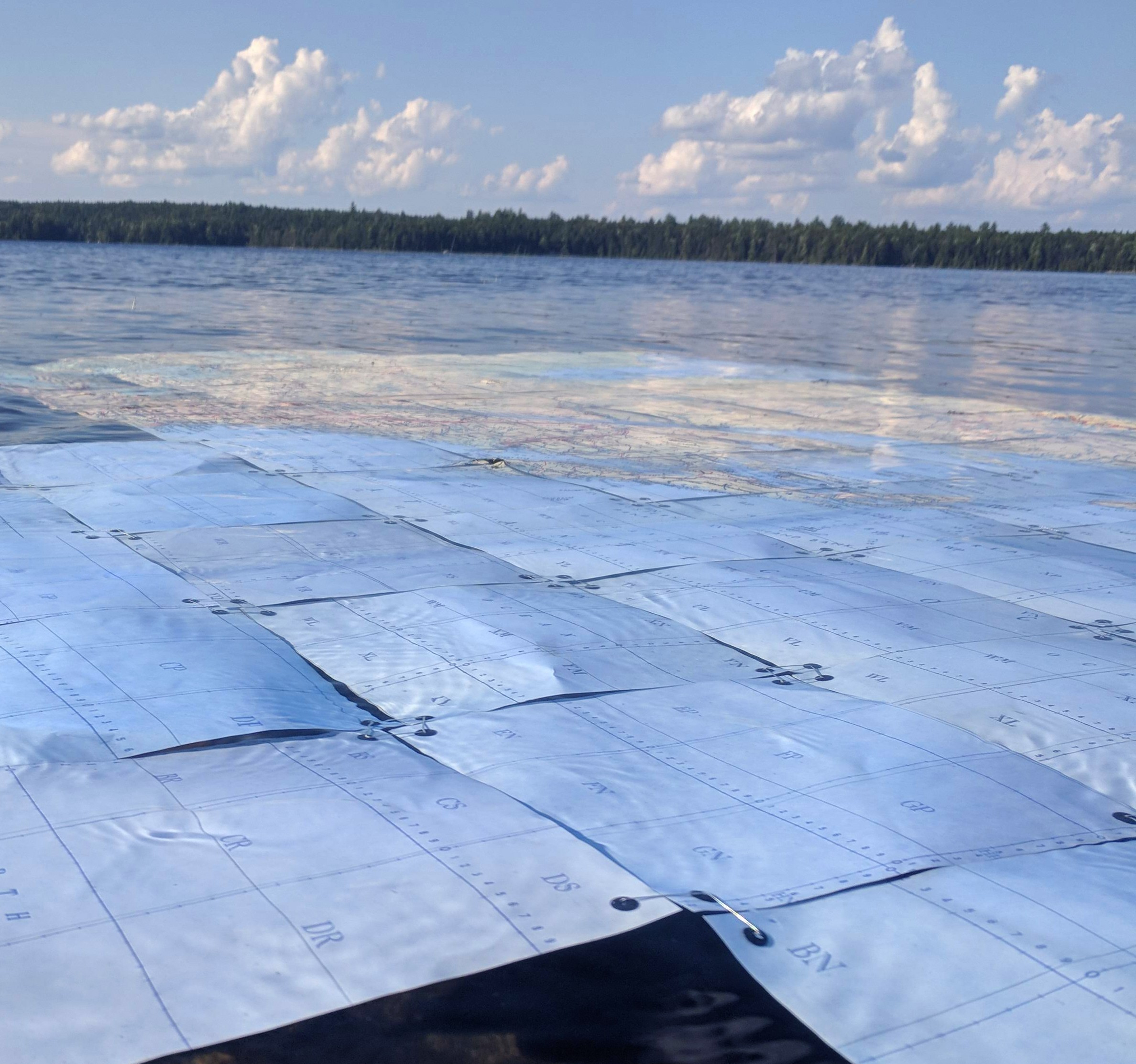
Are there any resources you wish you knew about earlier in your creative journey?
It wasn’t until recently that I started doing artist residencies. They weren’t such a big thing for artists when I was younger as they are now. Now I can see how they provide several benefits : being in a new (and hopefully beautiful) place with open studio space and uninterrupted time to work is very rejuvenating. I see how younger artists who have “grown up” doing residencies have made serious connections in the art world which help advance their careers. Similarly the few workshops I taken have been really positive–expanding my skills and energizing me as an artist.
Contact Info:
- Website: www.jessica-straus.com
- Instagram: strausjessica
- Facebook: Straus Art
Image Credits
Bill Kipp Will Howcroft Isaiah Berson Jessica Straus


